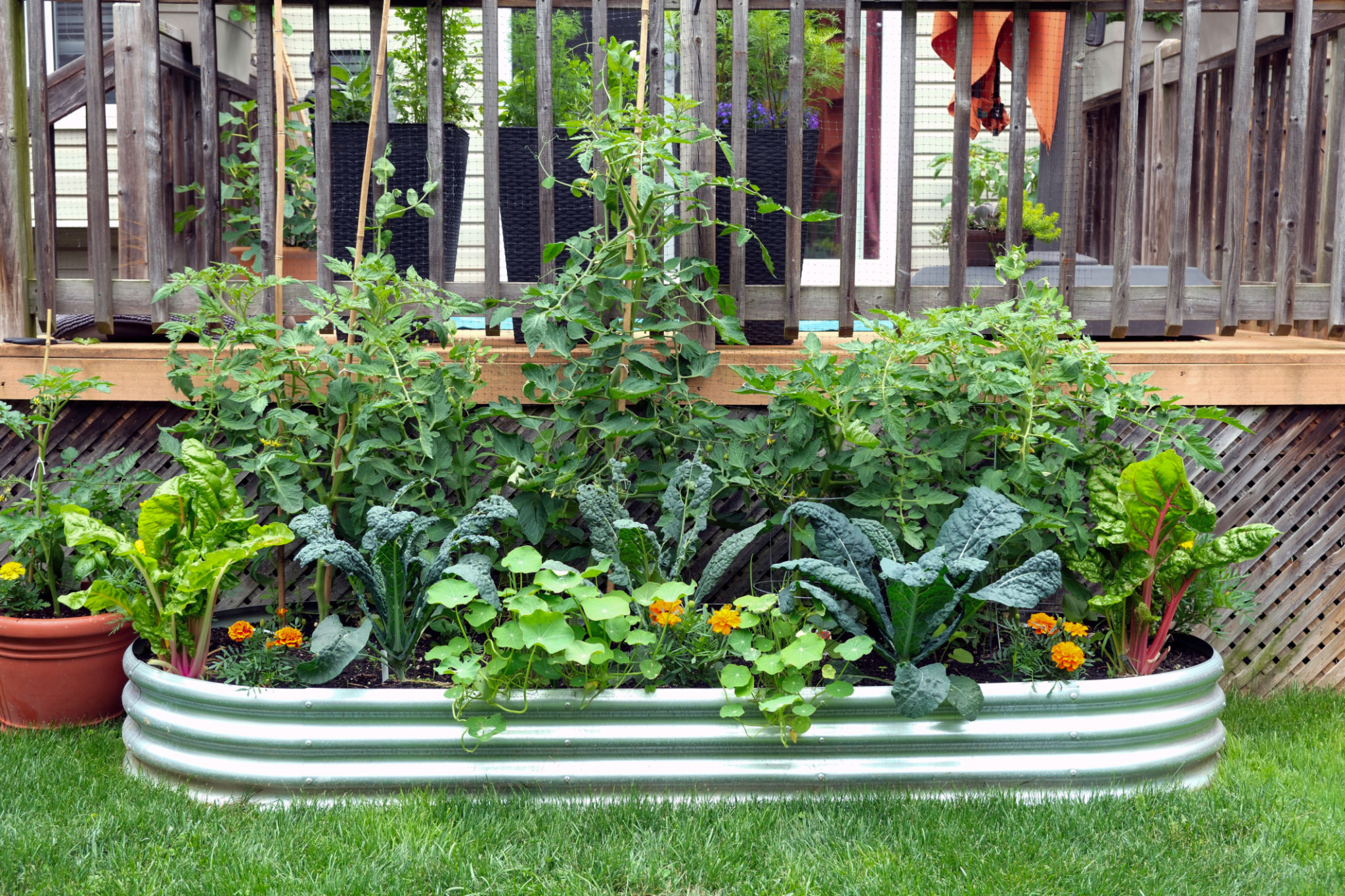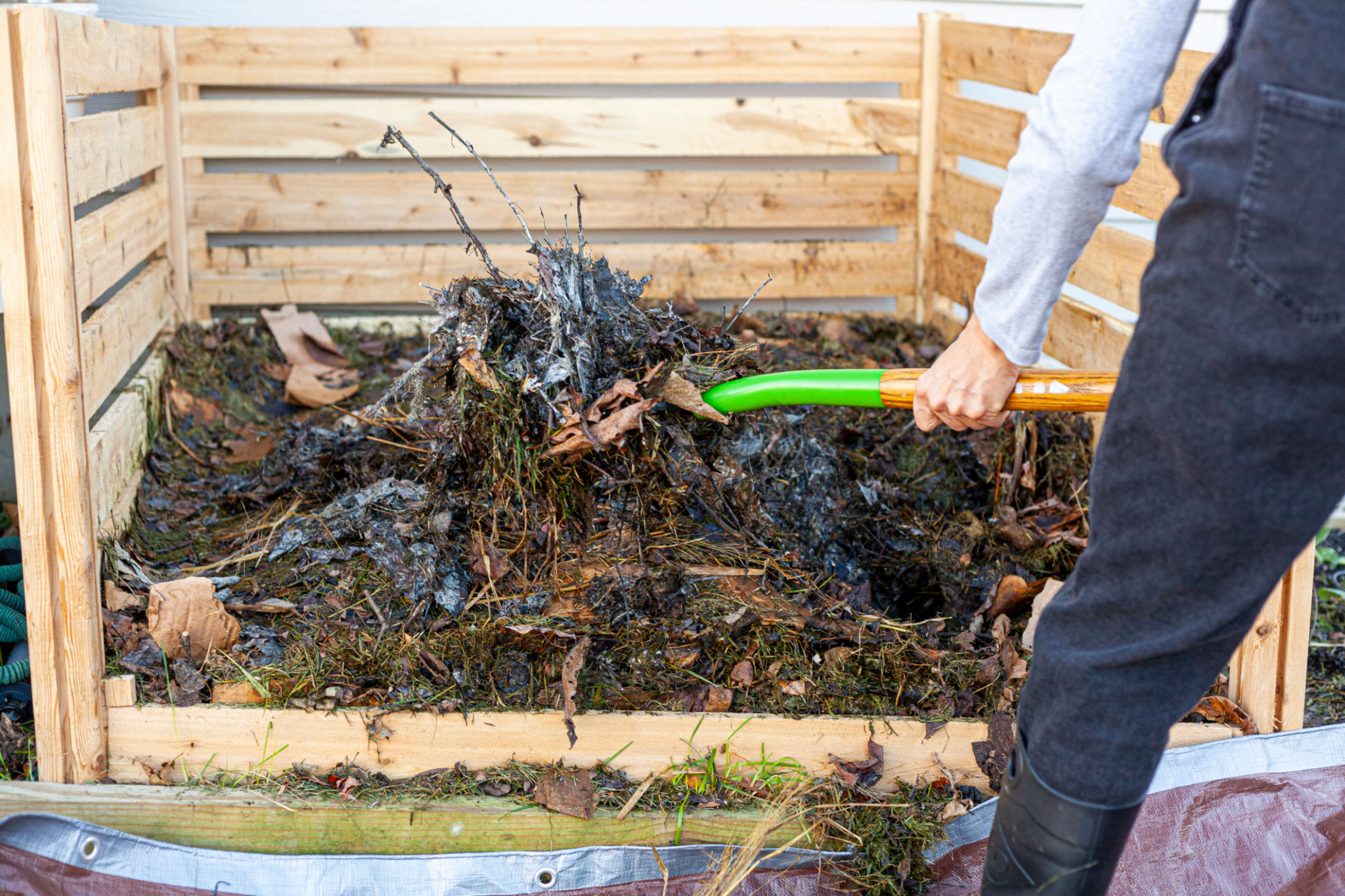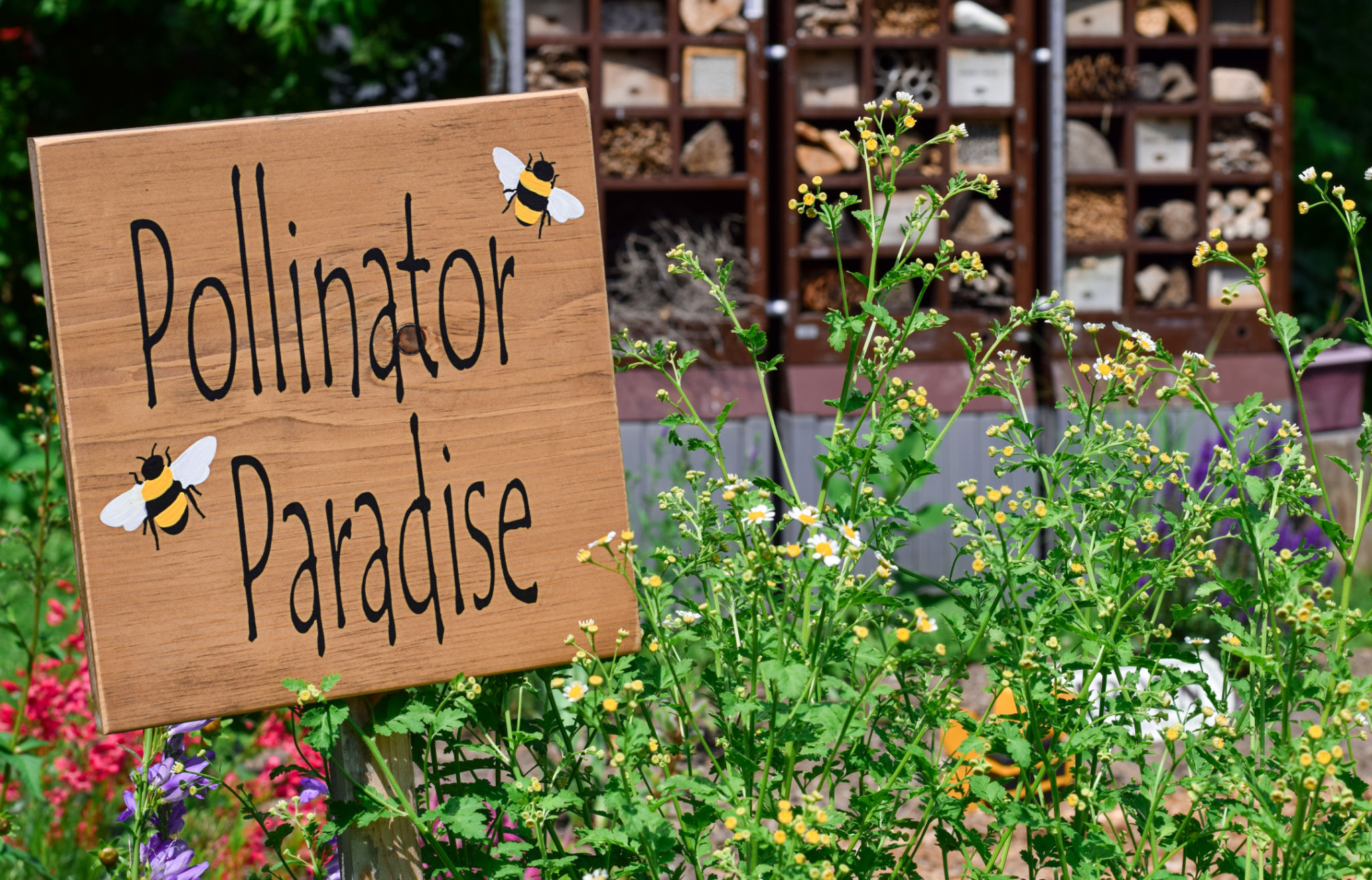Eco-Friendly Gardening: How to Nourish Plants Naturally
Understanding Eco-Friendly Gardening
Eco-friendly gardening is more than just a trend; it's a commitment to nurturing your plants in harmony with nature. By adopting sustainable practices, you can create a vibrant garden that thrives without relying on synthetic chemicals. This approach not only benefits your plants but also promotes biodiversity and helps protect our environment.
The key to eco-friendly gardening is understanding how to nourish plants naturally. This involves using organic materials, conserving water, and fostering a healthy ecosystem. By doing so, you can enjoy a lush garden that's both beautiful and sustainable.

Embrace Organic Fertilizers
One of the most effective ways to nourish your plants naturally is by using organic fertilizers. These are made from natural substances like compost, manure, and bone meal. Organic fertilizers release nutrients slowly, providing a steady supply of nourishment to your plants over time.
Compost is an excellent choice for enriching soil. It's easy to make at home by recycling kitchen scraps, yard waste, and other organic materials. Not only does compost improve soil structure, but it also enhances its ability to retain moisture and nutrients.

Benefits of Using Manure
Manure is another valuable organic fertilizer that can greatly benefit your garden. Rich in essential nutrients like nitrogen, phosphorus, and potassium, manure helps improve soil fertility. Be sure to use well-rotted manure to avoid burning plant roots and to reduce the risk of pathogens.
Conserve Water with Smart Practices
Water conservation is a crucial aspect of eco-friendly gardening. Implementing smart watering practices helps reduce water waste and ensures your plants receive the right amount of moisture.
Drip irrigation systems are an efficient way to water your garden. They deliver water directly to the roots, minimizing evaporation and runoff. Additionally, consider watering early in the morning or late in the evening to further reduce water loss through evaporation.

Utilize Mulching Techniques
Mulching is another effective method to conserve water. By applying a layer of mulch around your plants, you can help retain soil moisture, suppress weeds, and regulate soil temperature. Organic mulches like straw, leaves, or wood chips can gradually decompose, adding nutrients back into the soil.
Encourage Biodiversity
A diverse garden ecosystem fosters natural pest control and encourages pollination. Planting a variety of species attracts beneficial insects like bees and ladybugs, which help keep harmful pests in check.
Create habitats for wildlife by incorporating native plants, which are well-adapted to local conditions and require less maintenance. Additionally, providing shelter and food sources for birds and insects can enhance the ecological balance in your garden.

Natural Pest Control Methods
Avoid using chemical pesticides by opting for natural pest control solutions. Introduce predators like ladybugs or lacewings to control aphid populations. You can also use neem oil or insecticidal soap as organic alternatives to manage pests effectively.
By adopting these eco-friendly gardening practices, you can create a thriving garden that respects and enhances the environment. Not only will you enjoy healthier plants, but you'll also contribute positively to the planet's well-being.
